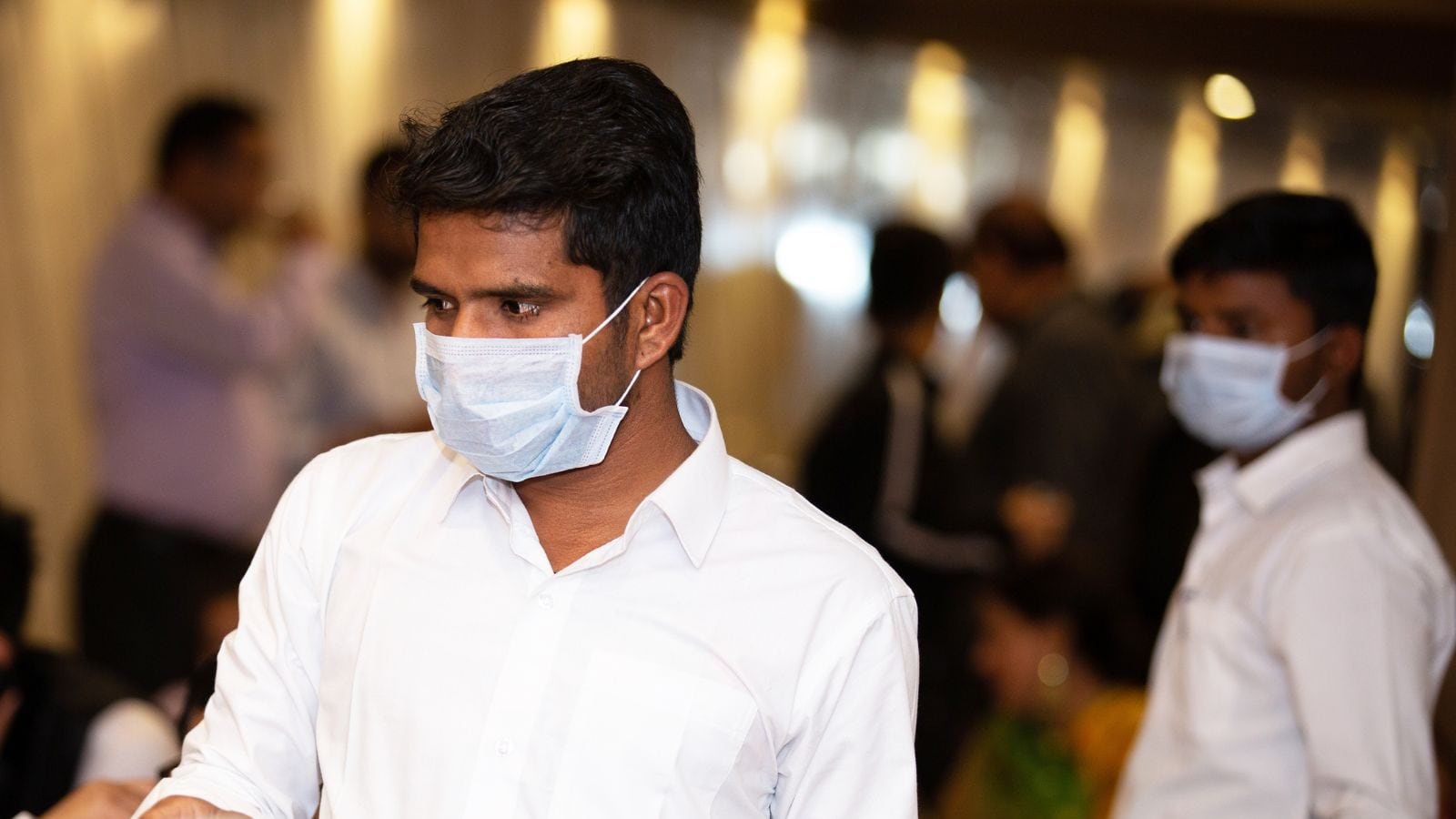Forced to Pay Service Charge? Govt Asks Officials to Submit Report on Complaints Within 15 Days
The Central Consumer Protection Authority (CCPA) has asked all district collectors to ensure the enforcement of the guidelines issued by it regarding the service charge levied on customers by hotels and restaurants. The CCPA in a letter to the district collectors has said that they must act upon the complaints received under the latest guidelines and submit its findings to the authority with 15 days.
“CCPA has written to Chief Secretaries of all States/UTs and District Collectors across India to arrange wide publicity of the guidelines along with its immediate implementation for protection of consumer interest,” the ministry of consumer affairs said in a press release on Saturday. “Upon receiving related complaints, the district collector may conduct investigation pertaining to violation of the guidelines and submit the report to the Authority within 15 days,” it added.
A number of consumers have registered their complaint on the National Consumer Helpline with regard to levying of service charge. From April 1, 2021, to June 20, 2022, as many as 537 complaints were lodged by consumers on levying of service charge. The major grievances include hotels/ restaurants making service charge compulsory, embarrassing consumers in case they resist paying service charge, adding service charge by some other name and suppressing from consumers that paying service charge is optional and voluntary, the press release said.
Since the implementation of the new guidelines, till July 8, the CCPA has received as many as 85 complaints registered on the National Consumer Helpline. “The top 5 cities of service charge complaints are New Delhi, Bangalore, Mumbai, Pune and Ghaziabad with 18, 15, 11, 4 and 3 complaints respectively,” said the CCPA.
CCPA chief commissioner Nidhi Khare has clarified that the guidelines are not advisory in nature and are fully enforceable by law. The guidelines have been issued under Section 18(2)(l) of the Consumer Protection Act, 2019, which empowers the CCPA to issue necessary guidelines to prevent unfair trade practices and protect consumers’ interest.
Last Monday, the CCPA had issued an order barring hotels and restaurants from adding service charge automatically or by default in the food bill. As per the CCPA guidelines, hotels or restaurant shall not add service charge automatically or by default in the food bill.
The difference between the new guidelines issued by CCPA and the previous guidelines by the Department of Consumer Affairs is that, in the intervening period, the erstwhile Consumer Protection Act, 1986 was replaced with the Consumer Protection Act 2019, which came into effect in July 2020. It created a new statutory body i.e., the Central Consumer Protection Authority, which has been empowered by the Parliament to take cognisance of the unfair trade practices. Therefore, any violation of the guidelines will be viewed seriously and appropriate action will be taken for unfair trade practice and violating the rights of consumers.
Read all the Latest News, Breaking News, watch Top Videos and Live TV here.
For all the latest business News Click Here

